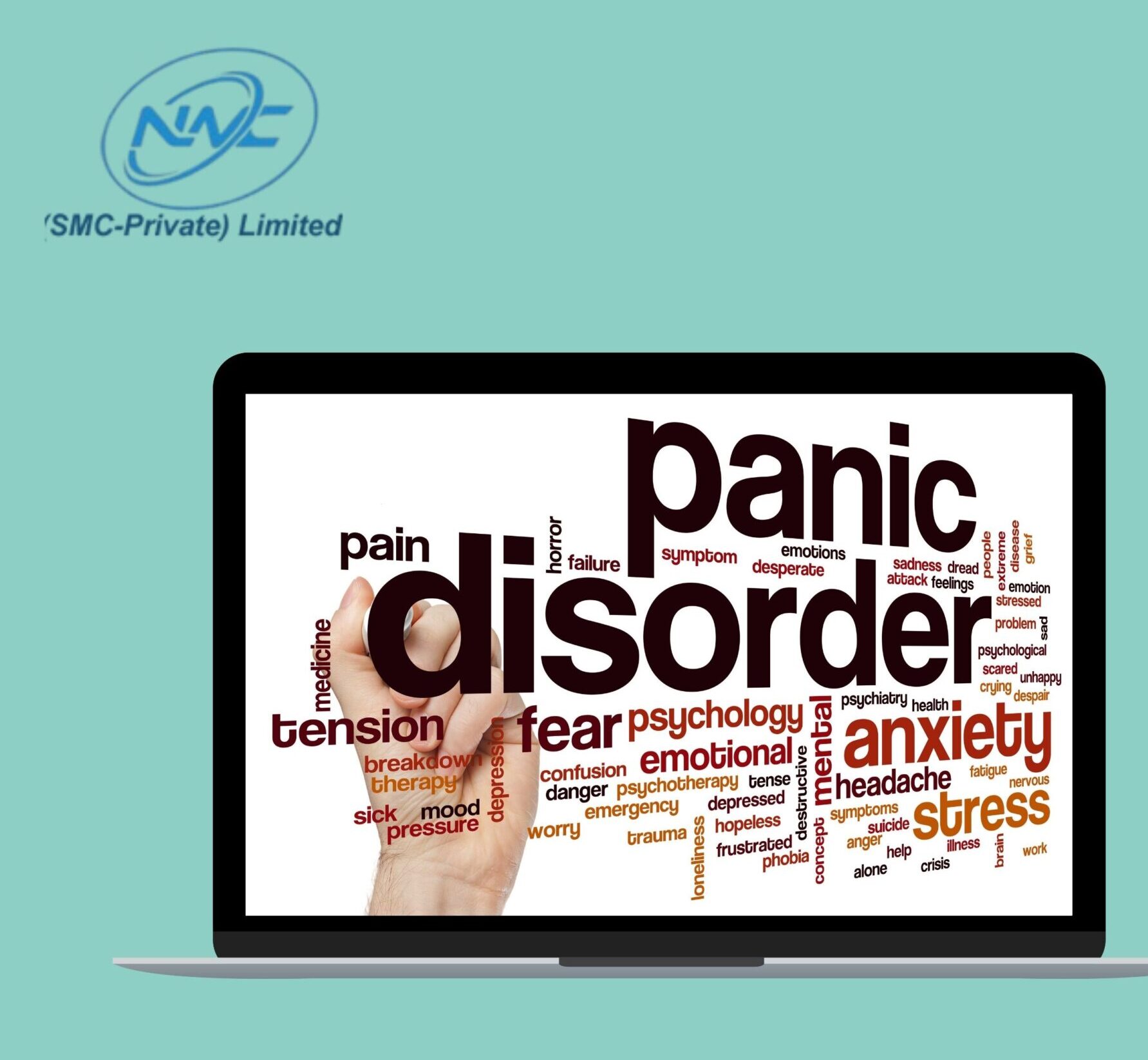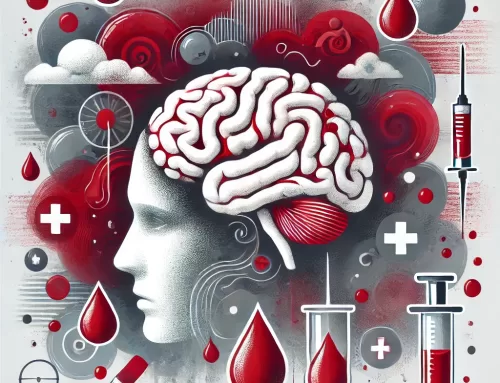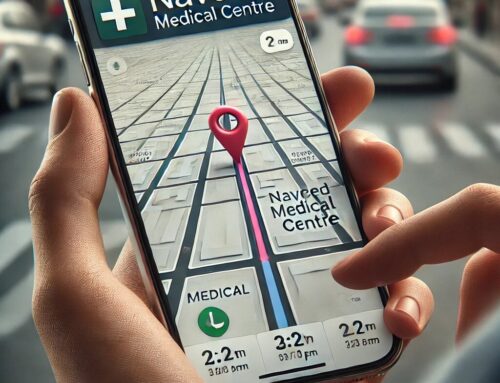What You Need to Know
Panic disorder is a mental health disorder that causes sudden, recurring panic attacks, often without an obvious cause. Panic attacks include intense fear and physical symptoms, such as a rapid heart rate, sweating, and difficulty breathing.
What are the symptoms of panic disorder?
Symptoms of panic disorder often come on suddenly and seem severe. They include a rapid heart rate, difficulty breathing, chest pain, dizziness, and fear of losing control or dying. These symptoms usually peak within minutes, leaving the sufferer exhausted and frightened. Although panic attacks are physically harmless, they can have a major impact on a person’s mental and emotional health if left untreated.
Causes of Panic Disorder
The exact cause of panic disorder is unknown. However, research suggests that it may be related to genetics, life stressors, and brain chemistry. For some people, the disorder may be triggered by major life changes, such as the loss of a loved one or a traumatic event. In other cases, panic disorder may occur without an obvious cause. People with a family history of anxiety disorders or mental health problems may be more susceptible.
How is panic disorder diagnosed?
To diagnose panic disorder, healthcare professionals like those at Naveed Medical Center perform a thorough evaluation, including a medical history, symptom analysis, and physical examination. Diagnosis often involves ruling out other medical conditions that can cause similar symptoms, such as heart disease or thyroid problems.
Effective Treatment Options for Anxiety Disorders
This mental illness is treatable, and many people respond well to treatments and medications. Cognitive behavioral therapy (CBT) is one of the most effective treatments, helping people identify and change negative thought patterns. Medications such as antidepressants or anti-anxiety medications may also be prescribed to reduce the intensity and frequency of fera attacks. Lifestyle changes such as regular exercise, mindfulness, and stress management can help maintain long-term mental health.
Living with Panic Disorder: Coping Strategies
Living with this can be exhausting, but there are many ways to effectively manage the symptoms. Practicing relaxation techniques, such as deep breathing and progressive muscle relaxation, can help reduce anxiety during an attack. It is also important to identify triggers, avoid substances such as caffeine, and maintain a regular sleep schedule.
When to Seek Help
If you witness persistent fear or anxiety that interferes with daily life, it is essential to seek professional help. Naveed Medical Center provides personalized treatment plans based on the individual needs of each case. Their team of experts works closely with cases to develop a comprehensive approach that includes therapy, medication, and lifestyle changes.
Conclusion
This is a serious issue that affects many people, but it is manageable with the right treatment and support. At Naveed Medical Center, compassionate care and evidence-based treatment are at the heart of helping individuals regain control of their lives. If you or a loved one is struggling with this issue, contact a healthcare professional for guidance and treatment.






Leave A Comment